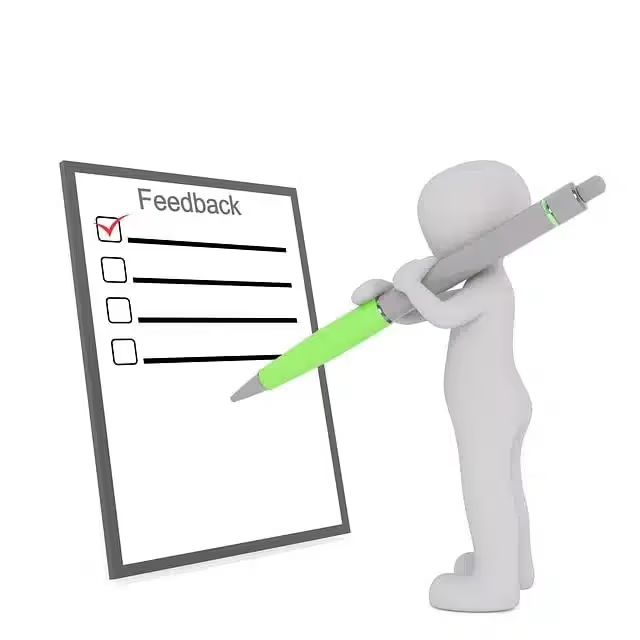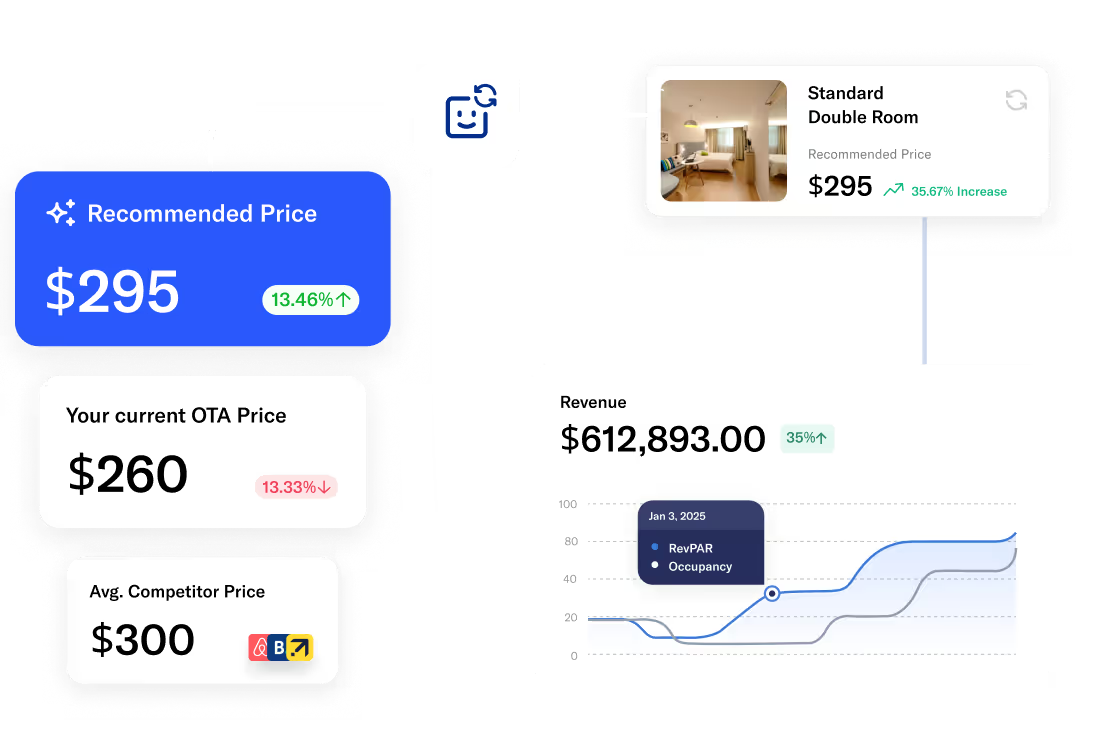Table of Contents
Join Thousands of Hotels Thriving with roommaster
The transition to roommaster is straightforward and efficient. Our implementation team handles data migration including reservations, guest profiles, and historical information.
This in-depth blog examines the top ten hospitality technology trends that will be transforming the sector in 2026:

Did you know that while choosing a hotel, 78% of visitors now take into account the technologies available? (Oracle Hospitality, 2024). For hotels of all sizes, the rapidly changing hospitality technology market presents both opportunities and problems.
The problem many hoteliers face isn’t a lack of technology options, it’s identifying which innovations actually solve real operational challenges and deliver meaningful ROI without adding complexity. Implementing the appropriate technology solutions has become essential to sustaining profitability while providing outstanding experiences, as labor costs and guest expectations have increased.
AI is providing genuine operational benefits across hotel departments and is no longer just a trendy term in the industry.
The real value of AI in 2026 comes from its practical focus on solving tangible operational challenges. Hotels implementing these solutions are seeing measurable improvements in both efficiency metrics and guest satisfaction scores according to research from the American Hotel & Lodging Association (2024).
From a pandemic necessity to a permanent guest expectation, contactless technology has changed over time. Modern travelers now actively seek hotels offering frictionless experiences.
The most successful implementations integrate these contactless touchpoints within a cohesive guest journey rather than deploying them as isolated features. These technologies are becoming more and more available to independent hotels through hotel management software, which do not require enterprise-level budgets to implement.

The shift from fragmented point solutions to truly integrated management systems represents one of the most transformative hotel technology trends for independent properties.
Hotels implementing a unified system hotel management report workflow improvements that free up to 30% of staff time previously spent on system management (HotelTechReport, 2024), time that can now be redirected toward meaningful guest interactions.
Personalization has evolved beyond simply greeting guests by name to delivering customized experiences at every touchpoint.
Hotels that use comprehensive guest profile management usually see increases of 15–25% (Deloitte, 2024) in ancillary revenue and satisfaction scores due to more relevant service delivery and opportunities for upselling.
Revenue management has undergone a significant evolution, becoming more accessible to independent properties without requiring specialized expertise.
The impact is significant: hotels that use intelligent pricing technology see RevPAR increases of 15-20% (Skift Research, 2024), when compared to static or manually adjusted strategies. Additionally, they spend a lot less time managing rates. roommaster’s ampliphi solution stands out in this space, enabling properties to implement dynamic pricing strategies that respond to market conditions in real-time without requiring dedicated revenue management staff. This solution automates rate adjustments based on occupancy trends, competitor pricing, and demand forecasts, allowing front desk teams to focus on guest service while still capturing maximum revenue.
{{revenue-management-one}}
Sustainability has moved from marketing position to operational imperative, with technology playing a central role in environmental initiatives.
According to the World Travel & Tourism Council (2024), hotels that use comprehensive sustainability technology report utility cost reductions of 15–25% while increasing their appeal to corporate clients with stringent sustainability requirements and eco-aware tourists.

The smartphone has become the primary interface between hotels and guests, transforming how services are requested and delivered.
Hotels implementing strategic, preference-based communication programs typically see substantial increases in both guest satisfaction scores and direct booking rates for return visits.
Distribution technology continues to evolve rapidly, with significant implications for how independent hotels acquire guests and manage their online presence.
Complete distribution technology usually results in significant increases in net ADR and guest relationship ownership as well as a shift from third-party to direct bookings.
{{channel-manager-two}}

As hotels collect and leverage more guest data, security and privacy have become critical considerations in hospitality technology strategy.
Forward-thinking properties are balancing robust protection with guest experience considerations through thoughtful system design and transparent communication about data usage.
One of the most significant developments in hotel technology for 2026 is the emergence of unified commerce platforms that integrate all revenue streams.
Early adopters of unified commerce technology report overall revenue increases of 12-18% (McKinsey & Company, 2023) through improved cross-selling and enhanced ability to capture ancillary spending that previously occurred off-property.
The integration of biometric technologies into hotel operations represents one of the most significant advancements for 2026, offering enhanced security alongside unprecedented convenience for both guests and staff.
Hotels implementing biometric technologies report significant improvements in operational efficiency while enhancing security compliance. According to Deloitte’s 2024 travel and hospitality industry outlook, properties adopting these solutions have seen check-in times reduced by up to 70% while dramatically reducing key card related issues and expenses.
The most successful implementations carefully balance convenience with robust privacy protections, ensuring guest data is protected through proper encryption, anonymization techniques, and transparent opt-in processes. This approach aligns with the growing consumer preference for experiences that feel both personalized and secure.
Integrated management systems, AI-powered revenue optimization, and unified commerce platforms will likely deliver the most significant operational improvements and ROI for hotels in 2026.
Cloud based platforms like roommaster now provide independent properties with enterprise level capabilities without requiring extensive IT infrastructure or specialized staff, effectively leveling the playing field.
Revenue management systems typically provide the most immediate financial returns, with many properties seeing RevPAR improvements within the first 30-60 days of implementation.
Workflow automation, mobile service platforms, and self service guest technologies are helping properties operate more efficiently with smaller teams while maintaining excellent service levels.
{{cta-strip}}


The transition to roommaster is straightforward and efficient. Our implementation team handles data migration including reservations, guest profiles, and historical information.
See how roommaster's unified platform can work for your property. Our team will walk you through features tailored to your specific needs and operations.